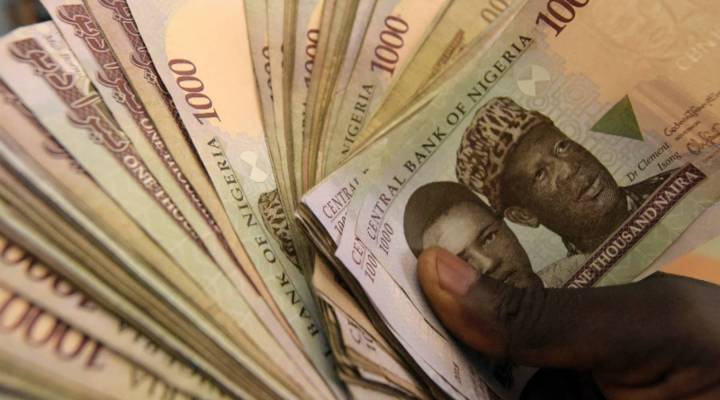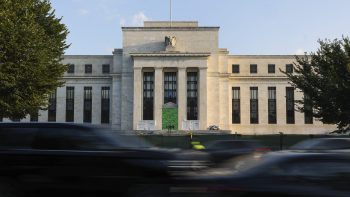
Oil price slump hampers Nigerian economy

Nigerian President Muhammadu Buhari traveled to China this week, looking to cement a multi-billion dollar loan to fund new infrastructure. Africa’s largest economy has suffered from the global decline in oil prices. The Nigerian government faces a budget deficit of more than $11 billion.
“The government is still heavily reliant on oil for well over 70 percent of its revenues, so the budget is a complete mess,” said J. Peter Pham, director of the Africa Center at the Atlantic Council in Washington.
Nigeria is also looking to sell so-called Panda bonds, denominated in Chinese yuan, to fund the deficit.
Longer term, the Nigerian government has two choices: cut services or raise taxes, said Paolo Mauro with the Peterson Institute for International Economics.
“Of course that’s going to create a drag on the economy, because as taxation rises, that makes it a little bit more difficult for businesses and consumption,” he said.
After a long economic boom, growth slowed by more than half last year, to less than 3 percent – not strong enough to keep up with Nigeria’s growing population.
Correction: An earlier version of this story misspelled Paolo Mauro’s first name. The text has been corrected.
There’s a lot happening in the world. Through it all, Marketplace is here for you.
You rely on Marketplace to break down the world’s events and tell you how it affects you in a fact-based, approachable way. We rely on your financial support to keep making that possible.
Your donation today powers the independent journalism that you rely on. For just $5/month, you can help sustain Marketplace so we can keep reporting on the things that matter to you.


















